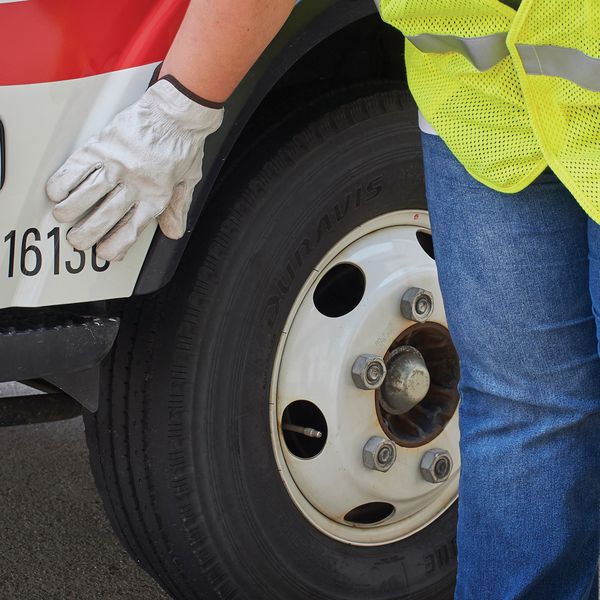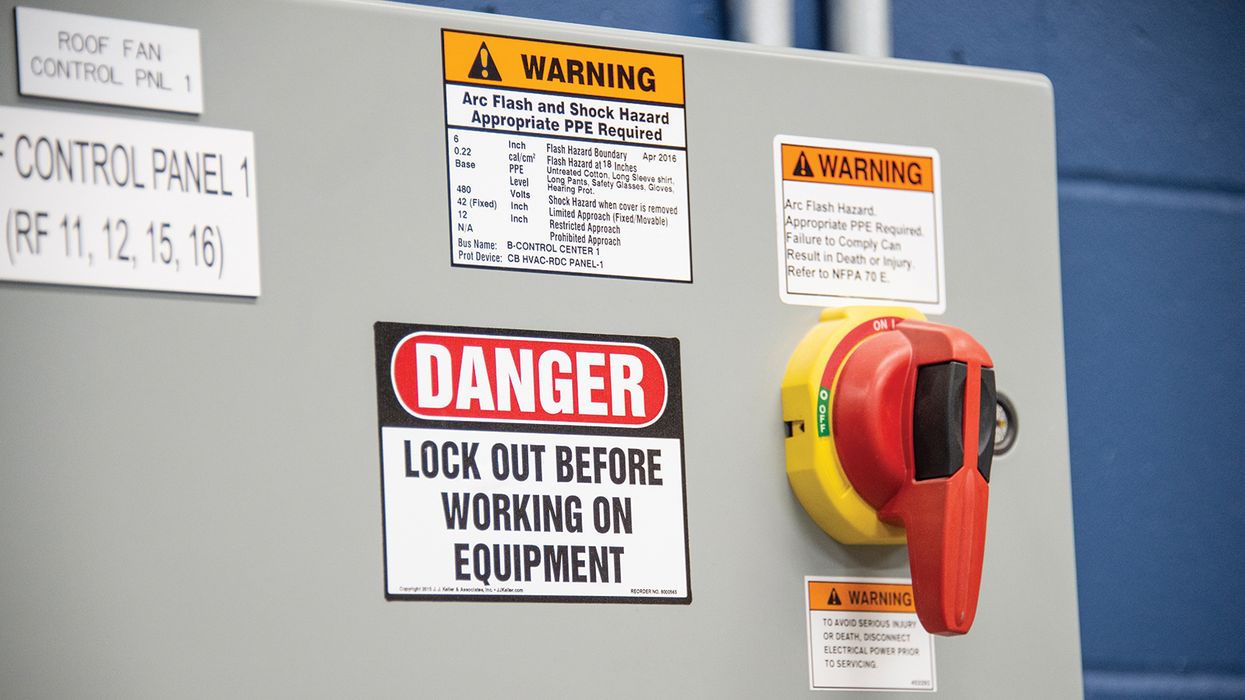Understanding the MCS-150: Biennial Updates and Important Changes
Maintaining compliance and staying up to date with regulatory requirements is crucial for businesses in the transportation industry. One essential aspect of this is ensuring that your MCS-150 data is accurate and current. In this article, we will explore the importance of regular MCS-150 updates and provide valuable insights on how to navigate the update process effectively. By understanding the significance of keeping your carrier information up to date, you can ensure compliance, enhance safety, and avoid potential penalties.
Carriers worry about end-of-year deadlines and filings, from getting in their random drug and alcohol tests to filing and paying their Unified Carrier Registration (UCR). It makes many carriers question whether an MCS-150 update is due. The short answer is “maybe,” but you may want to consider filing an update.
When do I need to file an MCS-150 update?
Carriers need to file biennially, or every other year, but the update is tied to your USDOT number, not to the calendar year. When the update is due it is easy to determine using the USDOT number. The last digit determines the month to update – for instance 1 = January, 2 = February, 3 = March, and so on.
The second to last number determines if the update is done in even years or odd years. If the number is even, update on the even year, if it is odd, update on the odd years.
A carrier does not have to wait to complete an update on the biennial schedule. Some carriers prefer to update every year, that way they always know it is done.
Should I update the MCS-150 between the required biennial updates?
Carriers can update their USDOT number more frequently than every two years. In fact, it is advisable to update more frequently. Keeping the data current helps paint an accurate picture of the operation when compared to other carriers under the Compliance Safety Accountability program. The vehicle miles traveled along with the vehicle count are used to determine the Crash and Unsafe Driving safety scores measures under the program. If vehicle counts or mileage increase, carriers should submit an update to ensure a true representation of their “at bats.” If a fleet is decreasing in size, an update of the MCS-150’s vehicle count is also recommended since the number reflected is the starting point to determine your fee bracket for UCR.
Keys to remember
Providing regular updates of the MCS-150 is important. While not required at year-end, reviewing the filing and providing any updates is a best practice. The Federal Motor Carrier Safety Administration considers filings that are completed up to a year prior to the biennial update deadline as satisfying the requirement.























































